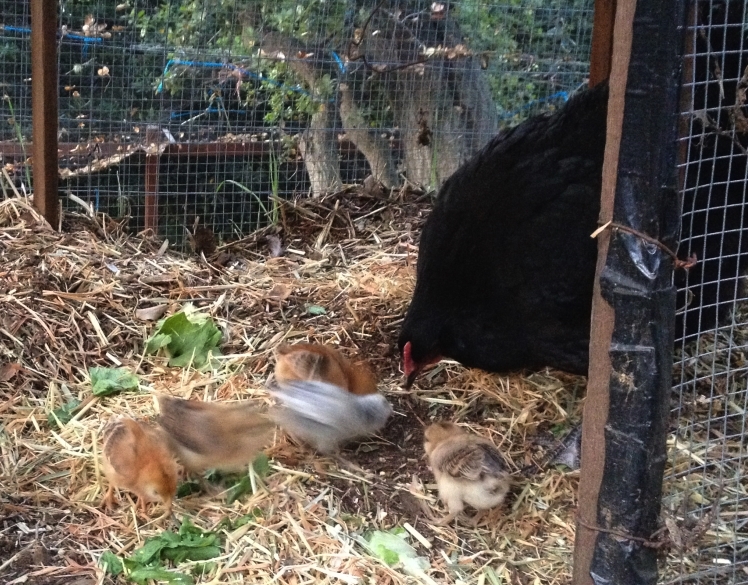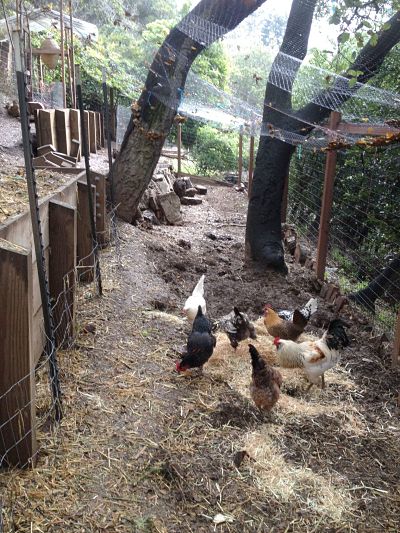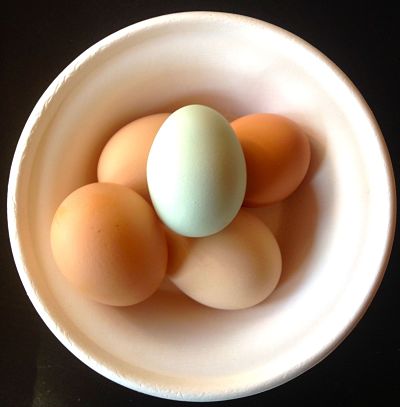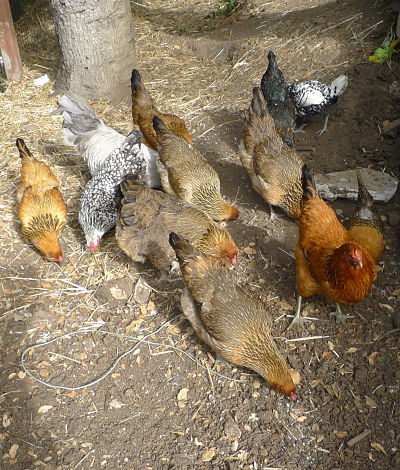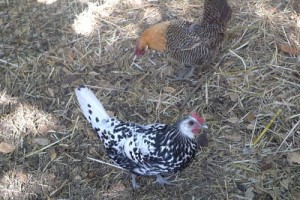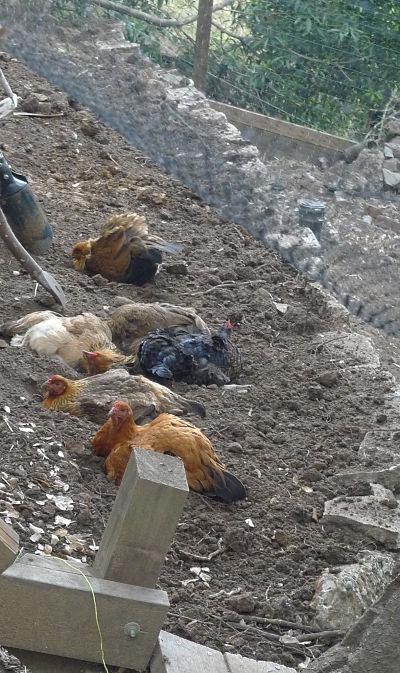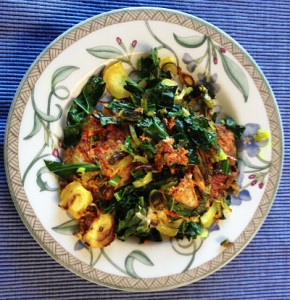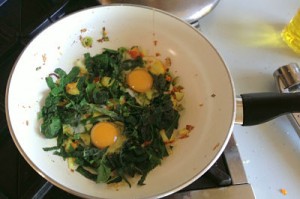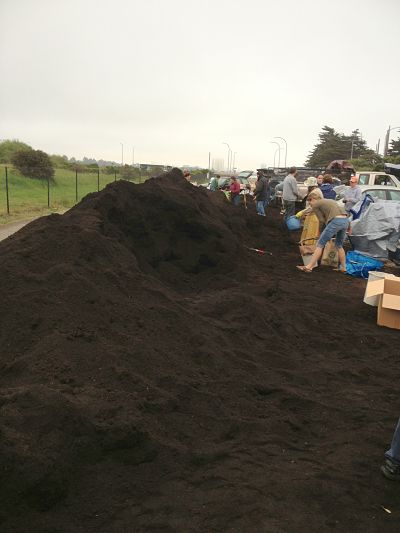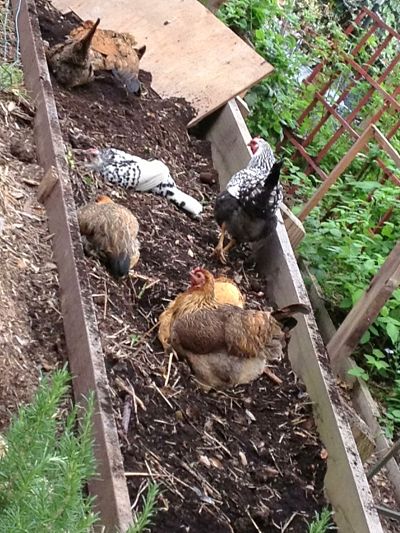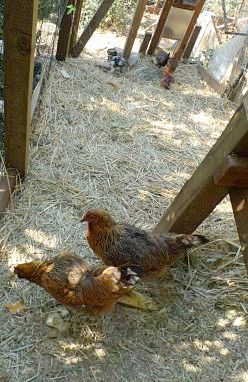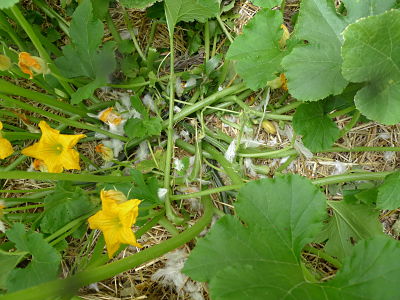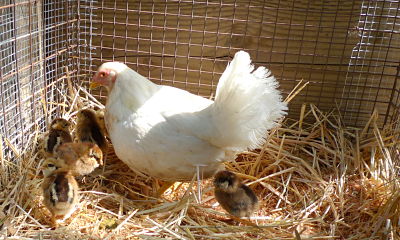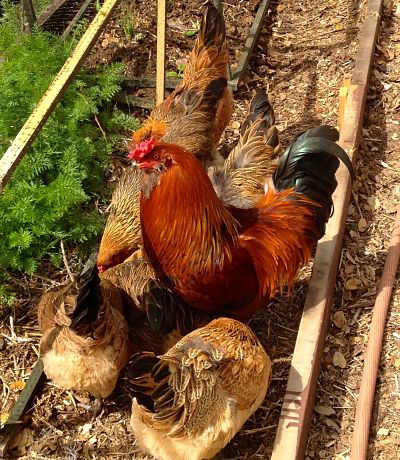 An influential guy you probably never heard of, Prince Rupert zu Lowenstein, had an obituary in the Times on Friday. He was born a Bavarian aristocrat (where is Bavaria anyway? does it still exist?) and left Paris on the last plane to London before the Nazis invaded, studied history at Oxford, became a financier and later the money manager for the Rolling Stones.
An influential guy you probably never heard of, Prince Rupert zu Lowenstein, had an obituary in the Times on Friday. He was born a Bavarian aristocrat (where is Bavaria anyway? does it still exist?) and left Paris on the last plane to London before the Nazis invaded, studied history at Oxford, became a financier and later the money manager for the Rolling Stones.
He got them out of a draconian contract that payed them practically nothing, convinced them to reside outside England to avoid taxes, and copyrighted that red-tongue logo. He got them to stop accepting paper bags full of cash as payment, planned their blockbuster tours, and licensed their music to advertisers. On a more personal level he negotiated Mick Jagger’s divorce from Bianca and separation from Jerry Hall. He described himself as “combination of bank manager, psychiatrist and nanny.” Continue reading “The power behind the Stones”
